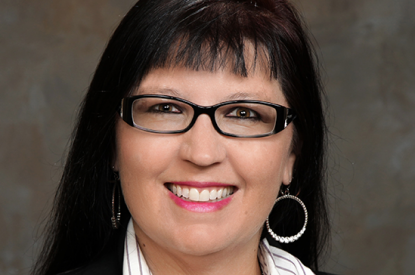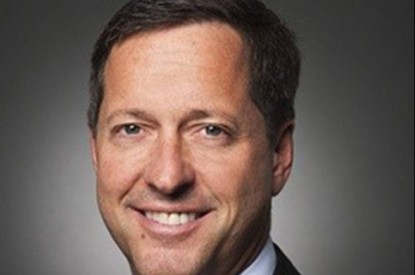Pulse
Sports betting US: high level view of the federal situation
By Lewis - 2 January 2020
G3 speaks to Jennifer Roberts, Associate Director, International Centre for Gaming Regulation and the University of Nevada, Las Vegas, about the evolving regulatory environment swirling around sports betting in the United States.
Since PASPA was overturned things have moved pretty quickly. Could you describe the impact of the Supreme Court’s decision on the gambling market in the US?
We have seen legal sports betting expand quicker than any other form of gambling in the US. It’s clear that states are interested in regulating a product that has been operating unlawfully in states for decades.
A lot of states have moved to pass pro sports betting laws. Do you think that these laws provide a good sports betting framework for operators and players? What is your take on the way states are legislating sports betting?
It’s interesting to see the different ways states are legalising sports betting. Some are offering through their lottery, while some are treating as a casino game. Some states allow mobile sports betting, while others do not. Tribal jurisdictions are offering sports betting as well. The tax rates or revenue splits are varied across jurisdictions and I believe time will tell how sports betting succeeds in these jurisdictions and whether obstacles come to light.
Do you think that state governments may have over exaggerated the tax revenues from sports betting?
I think there has been much misunderstanding about revenues from sports betting. That there is so much focus on amounts wagered (handle/turnover) versus amounts captured through taxation is not helping with the messaging.
Do you think some states will miss out?
Yes. There are still five states with no lottery, 10 states without some form of casino gambling, and 46 states with no Internet gambling. Utah and Hawaii have no form of legal gambling, so they may not see legal sports betting for a long time (if ever).
What impact will sports betting in other states have on the state of Nevada?
I don’t see much significant impact on Nevada because sports betting makes up about 2.5 per cent of revenues. Not to mention, only five per cent of people visit Las Vegas just for the sole purpose of gambling. Even fewer of those people do so just for sports wagering. With so many illegal sports betting options available across the country, I don’t believe people were just coming in town to place sports wagers. Rather, they would go with the convenient unlawful options.
Nevada will remain a destination for visits and the expansion of sports betting will have little impact. That being said, I think we might see a minor impact if betting operators take headquarters or centralised operations outside of Nevada.
Generally speaking how do you see the market going forward? Could we see more federal intervention as government seeks to gain control over the industry?
I think more states and tribes will legalise and regulate, which will make federal oversight more difficult and subject to a states rights challenge in courts. However, there is always risk of federal intervention, especially if there is some scandal that impacts the industry. That being said, it is challenging to pass or modify legislation, so I’m not sure a federal sports betting law will carry any priority with Congress at this time.
How important a role do you think casino floors in the US will play in the US sports betting market?
There are certainly people who enjoy and who also enjoy betting on. The incorporation and intersection of and gambling is still a fresh concept, but I think you will see it increase. It’s very early, but casinos and sports betting operators are interested. We have seen betting take place in Nevada and New Jersey, while Nevada casinos have hosted events. I think that will continue.
How visible is sports betting likely to become in the media going forwards?
Extremely visible. It already is and sports media will continue to come up with ways to speak to the sports betting public now that it’s more accepted, legal in several states, and mainstream.
Please note: since conducting this interview, Jennifer has taken up a new role with the Tennessee Education Lottery as Director of Sports Gaming Regulation.



